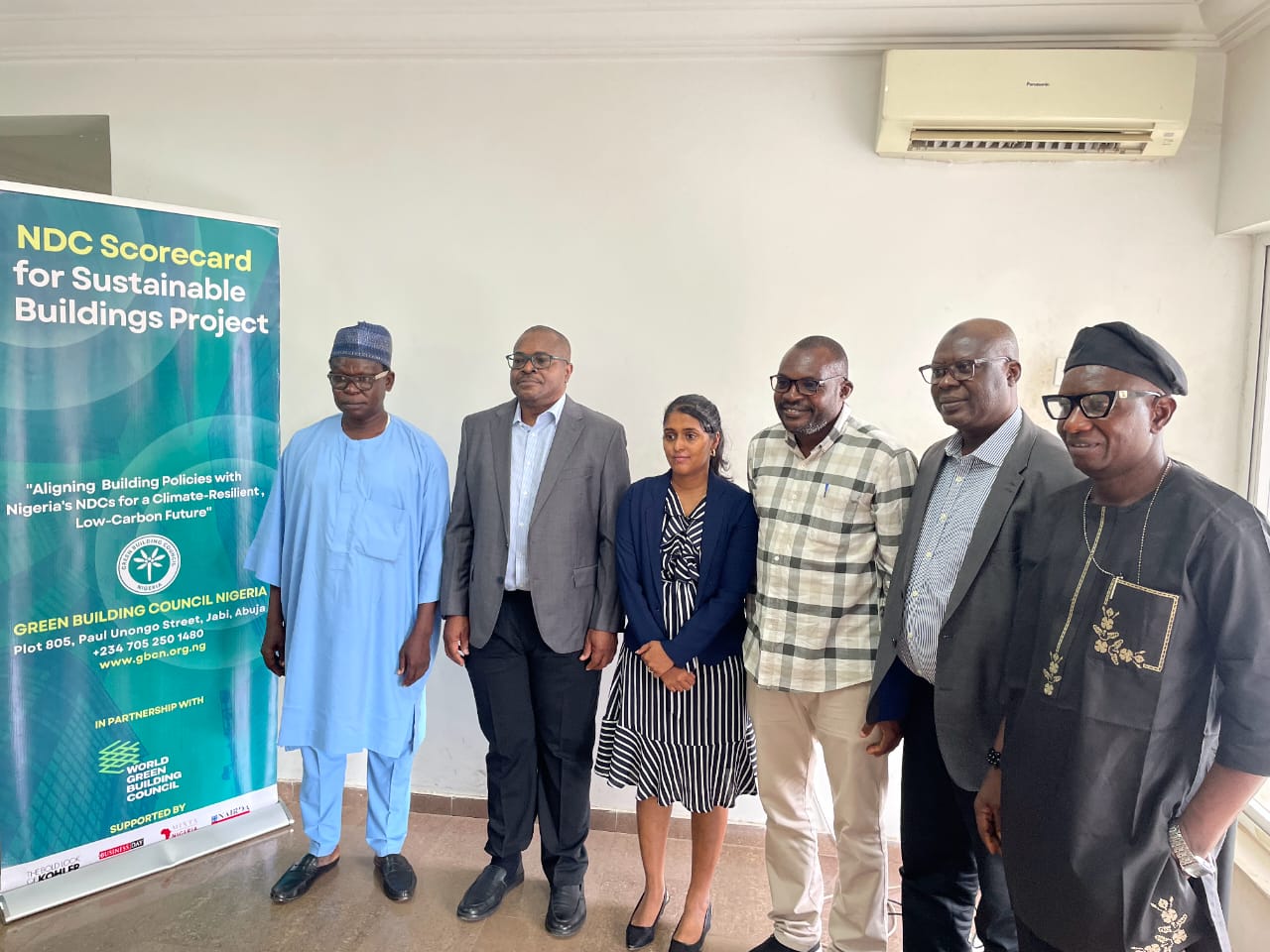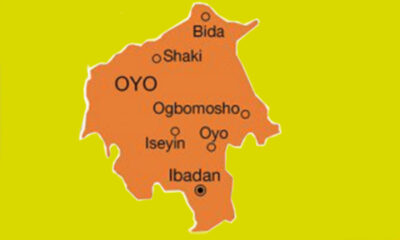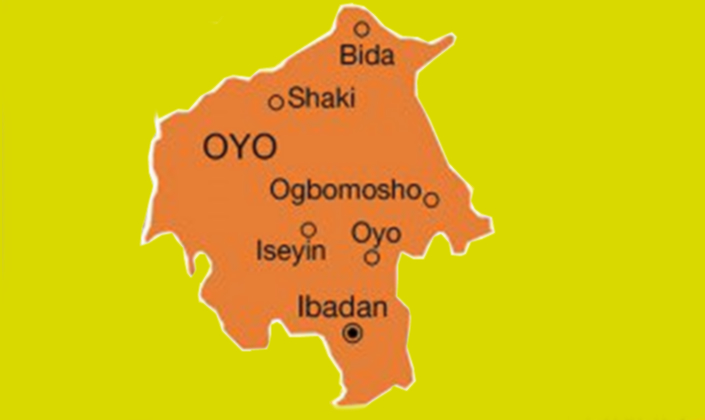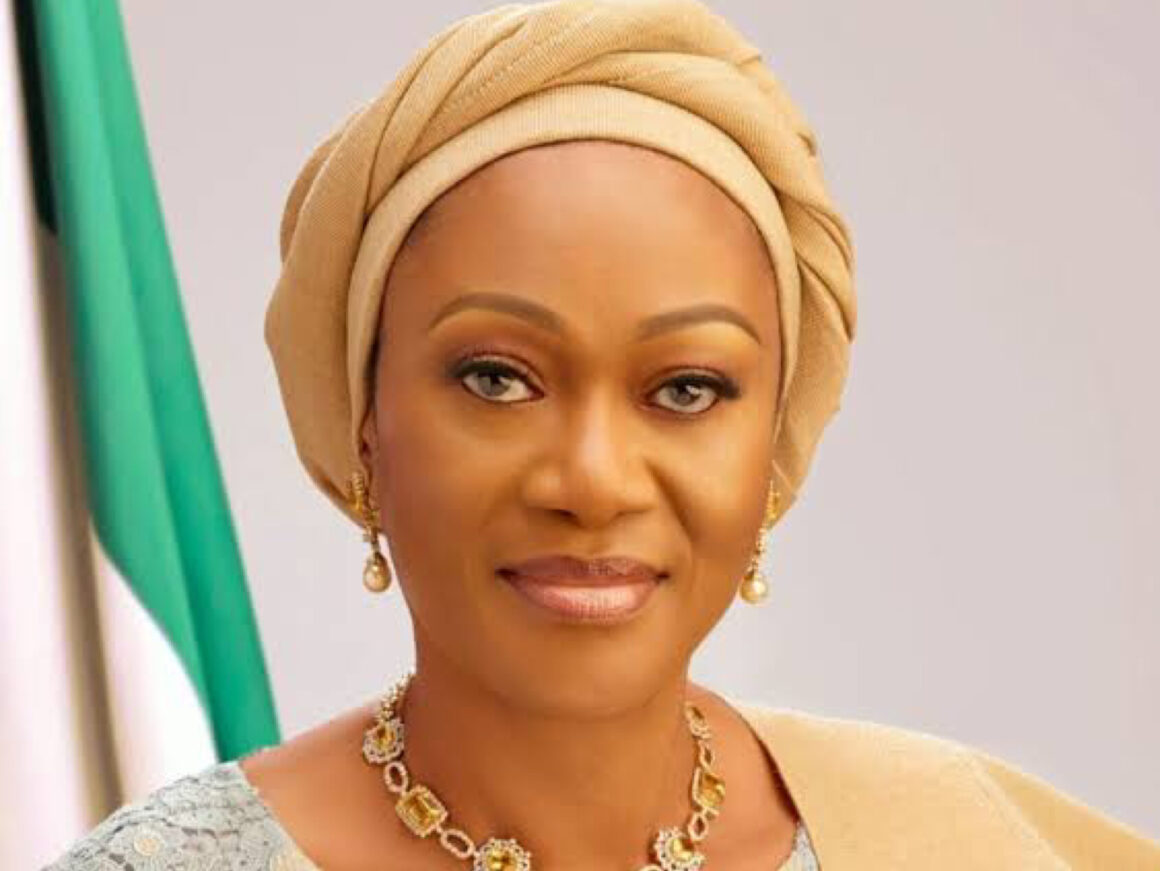National News
GBCN champions Greener Cities with National sustainability drive

The President of the Green Building Council Nigeria (GBCN), Danjuma Waniko, has underscored the Council’s commitment to advancing sustainability, resilience, and climate-friendly practices across Nigeria’s built environment.
Speaking at a media roundtable in Abuja, Waniko explained that the regional rollout of the Nationally Determined Contributions (NDC) Scorecard for Sustainable Buildings Project is designed to raise public awareness about the importance of sustainable construction and its long-term impact on Nigeria’s future.
He said the initiative promotes collaboration among government agencies, industry stakeholders, civil society, the media, and local communities to accelerate low-carbon and climate-resilient urban development.
“This project moves Nigeria from ambition to practical action—making our buildings part of the climate solution,” Waniko stated.
According to him, GBCN’s work is anchored on three key pillars: achieving net-zero carbon emissions, promoting resource circularity, and enhancing urban resilience. These priorities, he noted, align with Nigeria’s Climate Change Act, which targets net-zero emissions by 2060.

In his opening remarks, Builder Onabekun Adekunle, a Director and Council Member of GBCN, explained that the session aimed to provide an overview of the ongoing NDC Scorecard Project, which serves as a national framework for integrating sustainable and climate-resilient practices into the country’s building sector.
“The NDC represents Nigeria’s commitment to climate action under the Paris Agreement. It provides a data-driven foundation for green building initiatives that align with global sustainability goals,” Adekunle said.
Mrs Sangeetha Ramaraj, Technical Lead at GBCN, stated that the NDC Scorecard Project was developed through a bottom-up approach to ensure it reflects Nigeria’s specific needs and realities. She explained that the first phase identified policy and implementation gaps across 14 states, while the current phase focuses on translating those findings into a workable plan in partnership with regional governments.
“The scorecard project was designed to be valuable, practical, and relevant to Nigerian solutions.We analysed existing policies, identified gaps, and developed a realistic action plan to help Nigeria meet its NDC targets under the Paris Agreement,”Ramaraj noted
Usman Abdurrahman, Chair of GBCN’s Education and Knowledge Development Group, emphasised that collaboration remains central to achieving success.
“To make our cities climate-resilient, professionals in architecture, building, and engineering must work hand in hand with policymakers. Without strong policies and enforcement, progress will be difficult,”he said.
He added that regional workshops held in Lagos and Abuja have already started to yield positive outcomes, with upcoming sessions in Port Harcourt and other zones aimed at deepening subnational engagement.

Also speaking, Architect Michael Baka described the initiative as a major step towards combating climate change through innovation in design, construction and material use. He commended the Green Building Council for its forward-thinking approach and urged construction professionals to adopt global best practices.
The efforts by the Green Building Council Nigeria are not only commendable but set a new standard for Africa. We must design buildings that truly serve human needs while minimising environmental impact,”Baka said.
The Green Building Council Nigeria serves as the national platform driving sustainability in the built environment. Through advocacy, capacity building, research, and partnerships, the Council connects local initiatives to global climate action,promoting a greener, safer, and more resilient future for all.

-

 News35 minutes ago
News35 minutes agoOpposition Reps raise alarm over alleged non-implementation of 2025 budget
-

 Business32 minutes ago
Business32 minutes agoCurrency outside Banks rises 10.2% as money supply expands
-

 World News26 minutes ago
World News26 minutes agoNigeria’s exports to Africa hits N4.82trn
-

 National News24 minutes ago
National News24 minutes agoClean Energy key to survival, healthy living — Remi Tinubu
-

 Metro19 minutes ago
Metro19 minutes agoPolice Inspector killed as officers rescue kidnap victim in Oyo


















